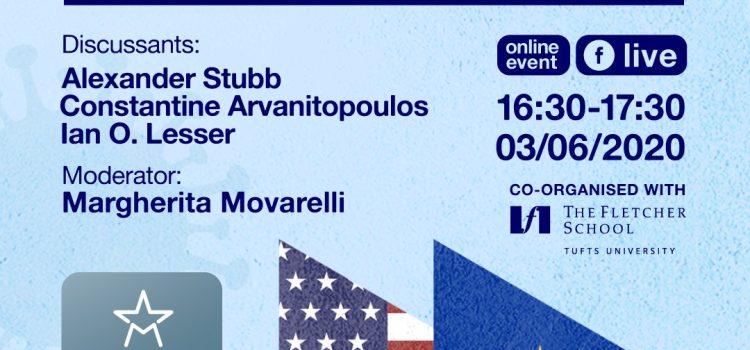Ομιλία σε εκδήλωση του Wilfried Martens Centre of European Studies για το μέλλον των Ευρωατλαντικών Σχέσεων μέτα την πανδημία του Covid-19.
Since the end of the Second World War, every US administration has promoted European recovery, transatlantic cooperation, and joint defence. Common interests, together with common principles and values, constituted the bedrock of the post-war partnership between Europe and the US. NATO became an alliance of both interests and values.
Today, however, the transatlantic partnership is facing a new set of challenges. Of these, two are of particular importance: one external, the other internal. The external challenge concerns the rise of two great revisionist powers, Russia and China, as well as Islamic terrorism. The internal challenge is the declining willingness of the US to defend the international order it has created and the fracturing of the core of this system. These global shifts are forcing the Atlantic partnership to re-examine its common interests, its common values, its capabilities, and its strategic objectives.
This event aimed to discuss EU-US relations during the Trump administration and how this alliance will evolve after the pandemic. Moreover, how the triangle US-EU-China affects the balance of the international system and how the Western World can defend its values and interests, vis-à-vis emerging political and economic powers.
Ο κ. Κωνσταντίνος Αρβανιτόπουλος συζητεί τους Alexander Stubb, Διευθυντή και Καθηγητή στο School of Transnational Governance, EUI και πρώην Πρωθυπουργό της Φινλανδίας, και Ian O. Lesser, Αντιπρόεδρο του German Marshall Fund και Εκτελεστικό Διευθυντή του GMF στις Βρυξέλλες.
Παρακολουθήστε εδώ το βίντεο της συζήτησης:
